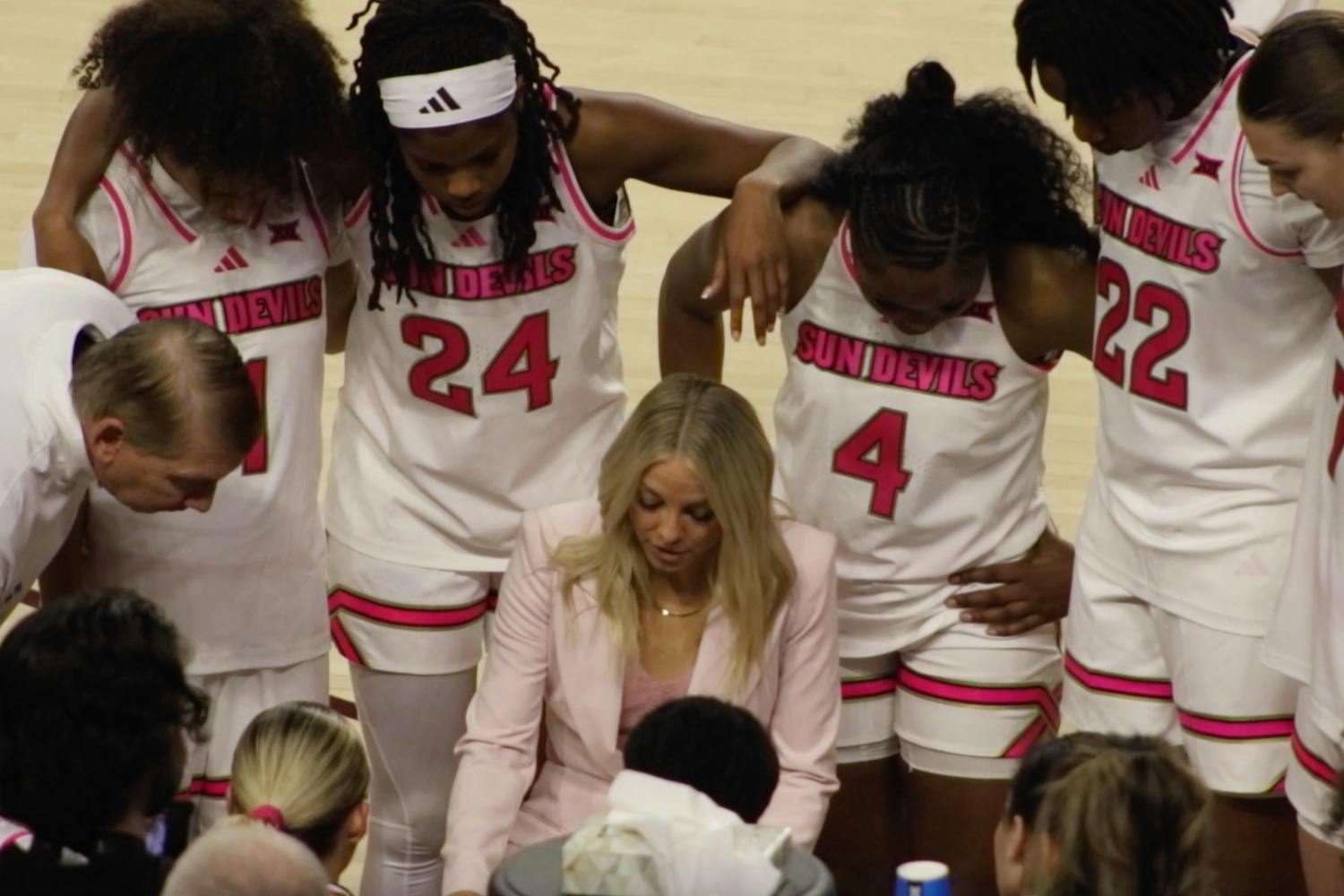The place of Barrett, The Honors College within ASU is complicated.
The scene is set three weeks ago in an ASU class, History and Principles of Journalism. A student who belongs to both the Walter Cronkite School of Journalism and Mass Communication and Barrett, The Honors College stands before the full auditorium to present an additional assignment, an honors contract, which he had researched, written, practiced and would now lecture about in front of almost 130 of his peers. As the professor introduced him and his intent, a cacophony of “boos” erupted from an upsetting majority of his fellow companions in learning. But, why?
According to the Barrett website, it's "a community of high-achieving scholars within Arizona State University who enjoy the considerable resources of a premier Research I university combined with the close, personal attention provided by the staff, faculty, and deans of the highest ranked honors college in the nation.”
Unfortunately, there is a strange rift between Barrett students and the remainder of ASU. Oftentimes, realizing an individual is part of the Honors College is met with a look of distaste and an insipid “Oh. You’re one of them.” An instilled sense of separation ironically exists between the student population of higher education institution that prides itself on being “One University.”
Many of the contentions exist simply because other students accept stereotypes about Barrett scholars being pretentious. The resulting defensiveness on the part of Barrett students tends to come across as elitist, expanding the already evident tear in ASU’s fabric.
There are no clearly set minimum requirements to be accepted into Barrett, the Honors College; however, it only encompasses a small percentage of ASU’s greater population. On average, incoming college freshman who are accepted have at least a 3.8 GPA, a 1300 on their SAT and a score of 29 on their ACT. These numbers are not easily achieved, and the students who are accepted into Barrett tend to be hardworking, smart kids.
The odd disconnect between Barrett and the rest of the ASU community could also be due to the many perks associated with the Honors College. With an exclusive miniature campus of their own in Tempe, Barrett students can choose to isolate themselves within their respective quarters. A Hogwarts-esque dining hall of their own, full facilities, excellent dorms and tutors all contribute towards a sense of jealousy and differentiation.
Additionally, events and opportunities available only for Barrett students results in many social groups being formed within the honors community. Just as many Ira A. Fulton Schools of Engineering students know each other through housing, classes and clubs, Barrett students sometimes stick together for the sole fact that their lives intersect more often then not.
In theory, a utopian ASU would have a community of peers who worked together for academic success, regardless of affiliation with Barrett, The Honors College. However, as we all know, our world is far from perfect. Hopefully in the future, the misunderstandings that cause partition between students in Barrett and other scholars at ASU can subside to allow a more understanding and cohesive community.
Reach the columnist at smmaki@asu.edu or follow her on Twitter @syd_neym
Editor’s note: The opinions presented in this column are the author’s and do not imply any endorsement from The State Press or its editors.
Want to join the conversation? Send an email to opiniondesk.statepress@gmail.com. Keep letters under 300 words and be sure to include your university affiliation. Anonymity will not be granted.
Like The State Press on Facebook and follow @statepress on Twitter.



